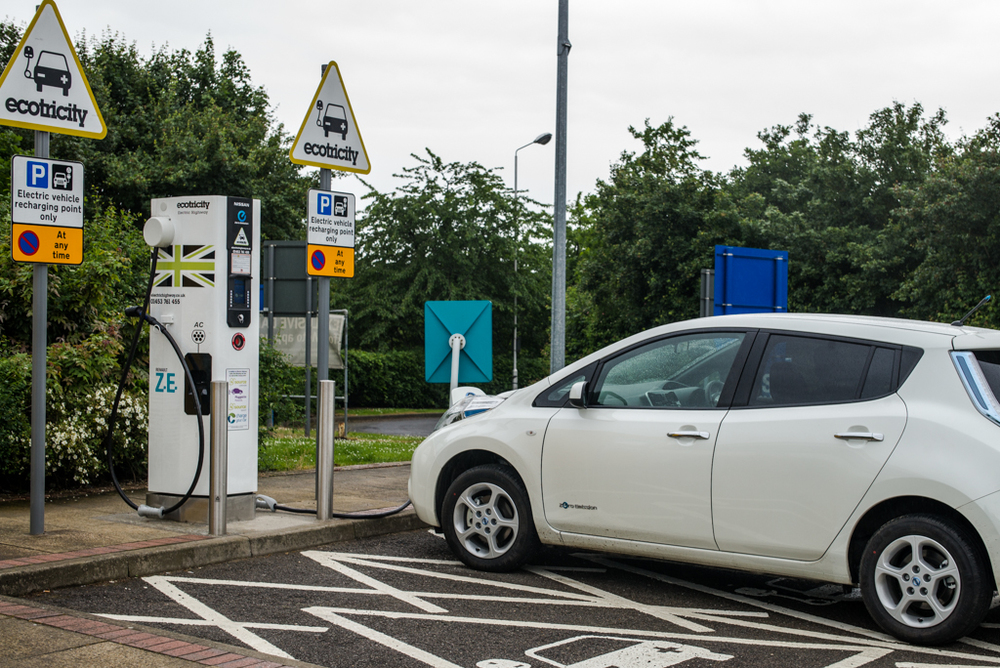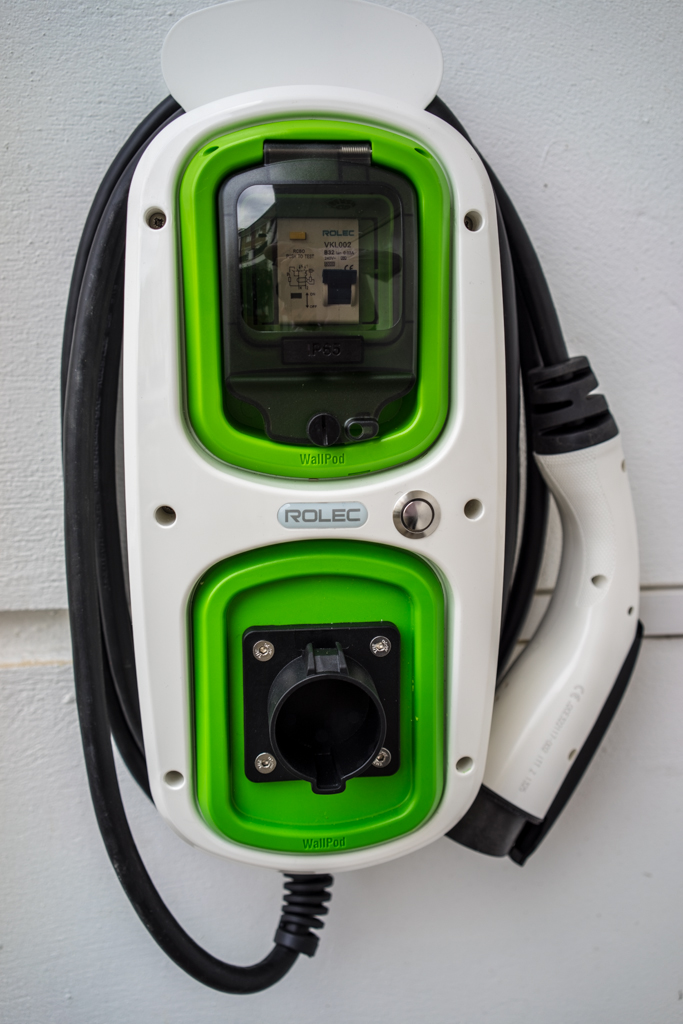
For the past twelve months I’ve been testing a Nissan Leaf, the all-electric motoring solution. Surprisingly, not only is it supremely quiet and economical, charged from my home port, it is fast, comfortable and very refined. In fact, it feels like a small limousine, considerably more refined even than an equivalent Audi A3 or VW Golf. I would buy an electric car in a heartbeat if it weren’t for one snag: Range.

Give the Nissan Leaf a range of 250 miles instead of 85 and it would become a viable car for most average motorists. Everything else but range makes a car like the Leaf a superior vehicle to one with an internal combustion engine. In fact, if most of your motoring is done around cities, including a daily commuting run of up to 30 miles, this is by far the best option.
It’s batteries that are the problem. Although battery technology has come on by leaps and bounds this century, spearheaded by the quest for smaller and more powerful devices as well as the best efforts of the car industry, we are not there yet.
Encouragingly, there are clear signs that battery technology is due for a breakthrough. Writing in Pocket-Lint today, Luke Edwards says:
A breakthrough in aluminium-air batteries means that in 2015 we will see the release of the Alfa battery that has 40 times the capacity of lithium-ion. This battery will be able to recharge by simply being topped up with water, be it salty or normal. It should last a hefty 14 days, according to its creators Fuji Pigment and will be out later this year. We’d expect to see these batteries appear in cars first – imagine a fuelling station being anywhere with a water tap. Hopefully mobiles will be next in line.
The Alfa is just one of the new technologies and, for the first time in many years, I am now feeling hopeful that the breakthrough is nigh. Longer lasting, more efficient batteries would transform our lives. We already rely on batteries for so many things, just imagine what the future holds.

Hi Mike:
It seems that electric cars are all the rage these days. Same thing here in Germany. Besides range per charge there is another thing that bugs me even more. Where does the electricity from the filling station come from?
If it comes from the the next power plant, to me as an engineer, the whole electric car concept does not make any sense at all. The exhaust fumes and greenhouse gases are just produced elsewhere. How do we know how the electricity is produced? By wind- or solar power only would make sense to me, but I don’t think that filling stations in our cities in Europe deliver wind- or solar power electricity only.
So all that rage is makes no sense to me at all. Not to speak about where all that lithium is supposed to comes from to build batteries.
Frank N.
Frank,
You make a valid point, of course. Short of nuclear or hydro (we can discount wind) there isn’t much solution. From the consumer point of view, though, there is a cost incentive to use electricity. Of course, once governments have persuaded everyone to buy electric cars they will seek ways of taxing domestic fuel used for car purposes. Thirty years ago everyone was told to buy diesel cars but now a majority of cars are diesel they have suddenly decided they were not a good idea after all and are beginning to tax them our of existence.
Mike